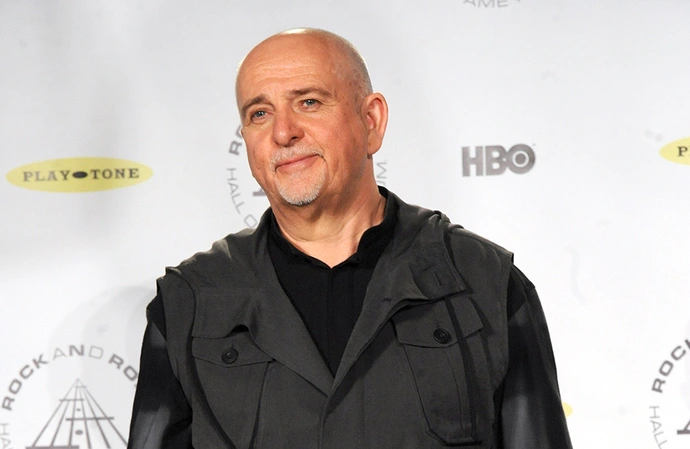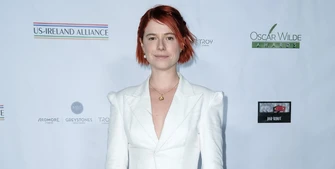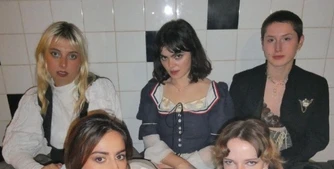'AI is about to turn our world upside down...' Peter Gabriel predicts the impact Artificial Intelligence is going to have on music
Legendary singer/songwriter Peter Gabriel believes that Artificial Intelligence will be able to make better music than him in the near future.

Peter Gabriel predicts that Artificial Intelligence will soon be able to create better songs than he can.
The former Genesis frontman has just released his 10th solo LP 'I/O', his first full-length album of new original material in over 21 years, but Gabriel believes in the future that AI is going to “turn our world upside down” and will be able to do many things better than humans, including making music.
In an interview with The Sun newspaper, the 73-year-old musician said: "AI is about to turn our world upside down and should be able to do all our jobs, including mine, better than we can.
“So we need to do some urgent thinking and brainstorming about how we can best live with each other and AI in the future.
“People talk of the ‘age of abundance’ and clearly that’s ridiculous for most people struggling to pay their bills but I do believe it’s coming if we can get through this difficult period of transition.”
Peter - who is married to Meabh Flynn with who he has son Isaac - and added that the human race is facing “very real, existential problems” and we need ingenuity to fix it.
He said: "In many other cultures, humans are much more seen as part of the whole, as a part of everything.
“We are now facing very real, existential problems and realistic, energetic optimism is the only possible way to tackle them.”
Since reaching his 70s, the ‘Sledgehammer’ hitmaker has been thinking a lot about his own mortality and has been researching ways in which he can prolong his life.
Peter said: “At age 73, mortality creeps into the rear-view mirror. You either bring it to the front screen or run away from it.
"I am very interested in longevity research which I used to believe was a billionaires’ plaything but now see as a critical driver for all manner of medical breakthroughs for all of us."







